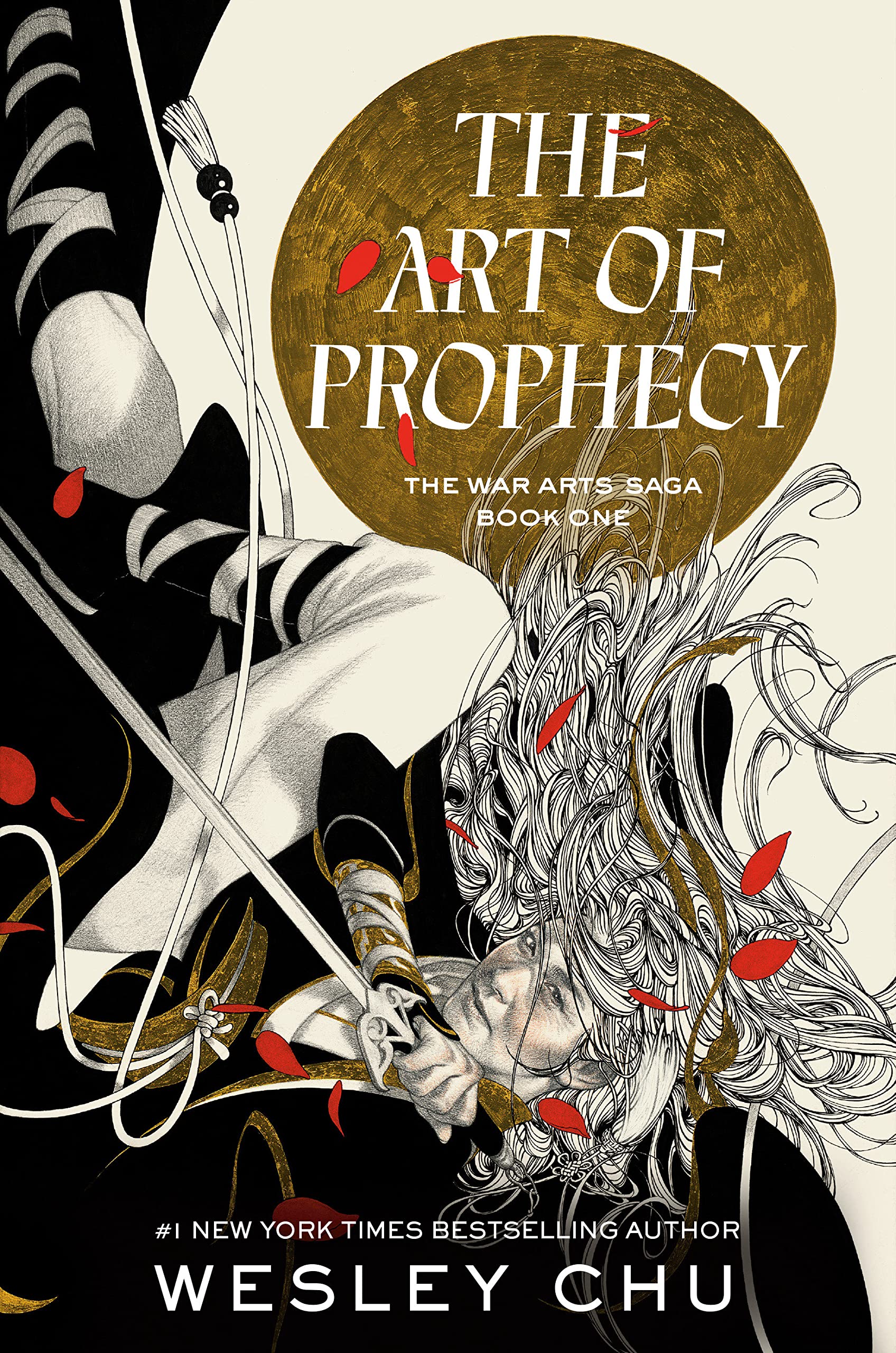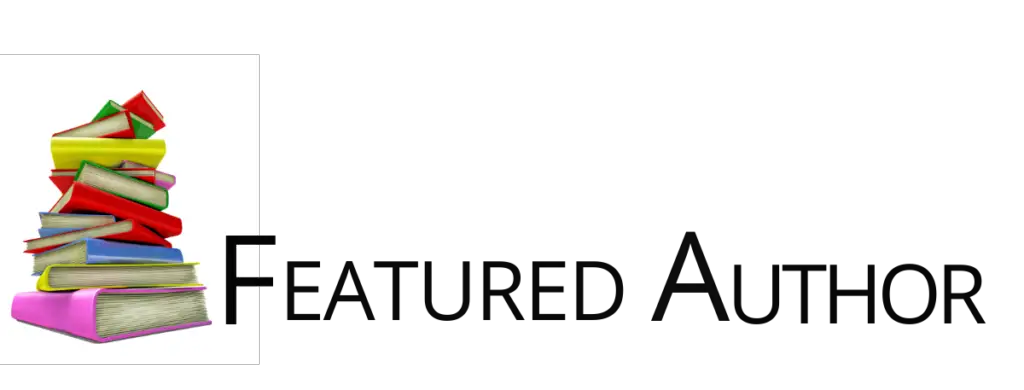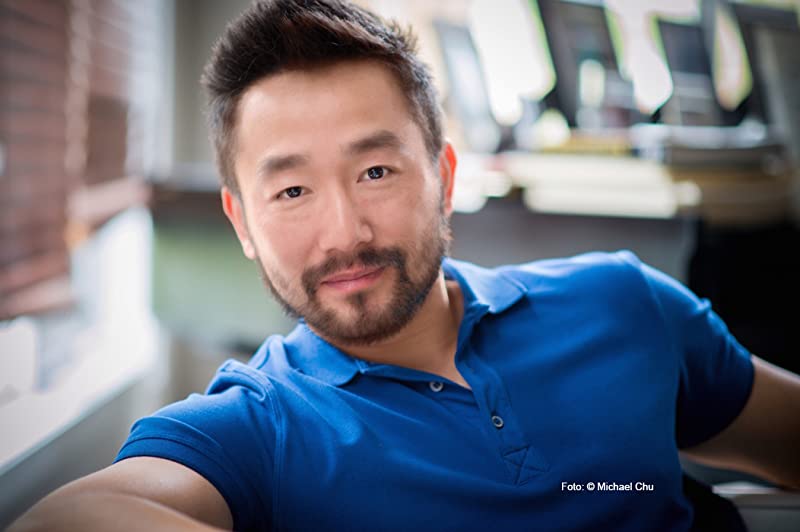Wesley Chu is a master at taking what in other hands would be complex, convoluted stories and making them accessible and easily visualized – time travel, alien manipulation of our species’ development – by not focusing on the situation, but on those characters moving through those situations. His characters shine because they are so genuine and relatable: an out-of-shape IT slacker trapped by chance in a generations-old alien war, a haggard recovering alcoholic time-traveling scavenger looking for one last job that will allow him to retire, a street savvy young con artist whose cheeky attitude allows her to deal with the alien presence in her head – he’s incredibly adept at taking ordinary people and allowing them to rise above their circumstances.
Now, in The Art of Prophecy (the first book in his War Arts Saga), we see a different Chu in a work that is huge and sprawling, with a stable of characters who are certainly not ordinary – each one of them are fully intentional and elevated by either rank or mastery. And yet each must struggle with having the very foundation of their society crumble out from under them.
And again, Wesley Chu shines – even in an epic wuxia setting, his characters draw us in and allow us to revel in the action swirling around them, and his visualizing writing style makes the myriad action sequences distinct, realizable and exciting.
For those who are unfamiliar (as I was), wuxia literally means “martial heroes”, and is a genre of fiction centering around the adventures of martial artists in ancient China. Think of the film Crouching Tiger, Hidden Dragon, or the recent fantasy works by Zen Cho and Nghi Vo. While Chu’s novel does not actually take place in China, its fantasy setting is fully akin to it in look and feel. This gives the novel purchase, but allows Chu to create unique and imaginative aspects to his world that are fantastical yet still somewhat familiar.
The story revolves around Wen Jian, the Prophesied Hero of Legend, the savior of the Zhuun people, the one foretold by the Tiandi Prophets to fulfill his destiny and lead the mighty armies of the Enlightened States to victory over the Katuia Clans and break the immortality of their Eternal Khan, bringing everlasting peace to the Children of Zhuun. In reality, Jian is a coddled and feted teenager, unwittingly confident in his somewhat mediocre skills due to a cadre of fawning battle masters vying for prominence in the greater political spectrum surrounding the boy. When the prophecy that was his birthright is broken (in a heartbreaking, all too human way), Jian suddenly finds himself not only superfluous, but a liability for the powerful Dukes now asserting their own ascendency to legend.
If not for wizened Ling Taishi, a master Windwhisperer, Jian’s story would have been very short. But the irascible old woman (a self-imposed exile from the machinations of the court) immediately grasps the danger the boy is in and, despite her misgivings, spirits him away from everything he has ever known in order to keep him alive. What follows is not only a story of survival, but also a coming to terms with a world where the central core of society has been shattered – when prophecy is broken.
But Jian and Taishi are not the only threads in this novel. There is also Salminde, a Katuian warrior. Not only is she one of the fearsome viperstrikes, but she is THE Viperstrike, the Will of the Khan. Her world, too, has been shattered, not once but twice, and the journey that had been laid out before her no longer feels true. And there is the master Shadowkill, Maza Qisami, an assassin who not only fights from the shadows, but harnesses them, and is beholden to no one save her own purposes. Each of these characters push and pull against each other, each of them at odds, each with their own motivations and purpose that unfolds seamlessly under Chu’s effortless prose.
It’s obvious that the author knows the wuxia genre. The story feels ancient, ethnic – the cadence of the prose, the way the character reacts, the humor (yes, there is plenty), the high sense of honor (or lack thereof), the dress, the landscape, all harken to an Eastern ethos. And yet Chu does not rely on the expected, but uses it as a foundation to bring his own unique creations into play: the weapons (oh, that viperstrike whip/sword weapon!), the legends and their techniques, the landscapes (the Grass Sea!), the deft touches, such as the Katuian dishonor at building fires on the ground. And there is a reverence that binds the entire work together, a dedication to form, that gives the work an authenticity and a flow that is so entertaining to experience.
Yet there is a freshness not just to the trappings, but to the story itself. I sometimes thought I recognized a familiar setup and expected the action to fall back on standard tropes, but I was wrong. Oh, the tropes are there, but those who carry the story are not caricatures, and the action is not formulaic. I was constantly surprised when the book took a different turn than I expected, but also with how right that felt, how those plot decisions pulled me in so much more than a conventional telling of the tale would have.
The Art of Prophesy is, quite frankly, one of my favorite reads of this year. Although it is a substantial book, I flew through it quickly, and felt that it was just as involving at the end as it was in the beginning, leaving me looking forward to the next installment. I have come to expect great stories when authored by Wesley Chu – but this one raised the barre even for him. What a wonderful start to a very, very promising series!





1 comment
Great review, Sharon!
Comments are closed.